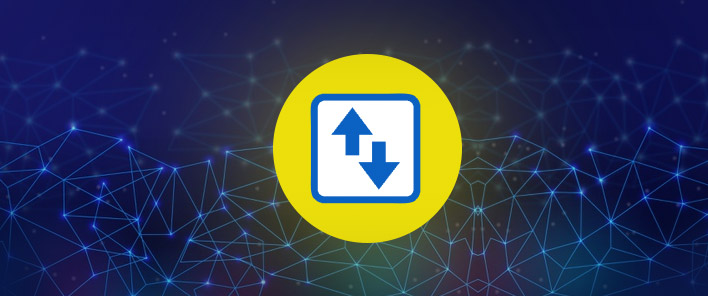Digital Citizen is the hottest nationality in today’s world when the World Wide Web has shrunk the globe with its network connections. But way before the advent of the internet, there were local network groups that functioned as communication networks used by military and civilian groups alike. ‘Usenet’ is one of the pioneers in the communication networks space often considered as the precursor to modern-day news feeds, discussion forums and social media feeds. Officially started in 1980, it was designed to be a civilian and easily accessible version of the ARPANET. Usenet allows its users to share and download large files with lighting speed and greater autonomy. Usenet is a one-stop solution for up to date news feed and file-sharing system for storing and downloading large files. In layman’s language- a Reddit and BitTorrent in a single system is the ultimate offering by Usenet. The Usenet usually has specific interest groups known as hierarchies under which different discussions, threads, and file-sharing takes place. There are 8 major hierarchies such as religion, politics, science, computer, etc. Usenet has also contributed a number of jargons that are prevalent in the internet community today.
Tracing Torrents
Torrents are a peer to peer file sharing system that allows users to store and download large amounts of data. In principle, It is a legal activity and makes use of the Bit Torrent network for its activities. Users can upload and download files using various torrent software that is available online. Owing to its capacity, many times torrents have been used for sharing pirated contents such as movies, game files software, etc that are protected by copyright. This has created increased surveillance for these activities. Torrents can be easily snooped by the respective ISP (Internet Service Provider) using the IP address and in case of copyright infringements,u legal actions are also initiated. In such a scenario most people resort to VPNs (Virtual Private Network) allowing them to go anonymous by changing their location and adding a layer of encryption. The VPN restricts the service provider from tracing the torrent user.
Usenet -Traceability and Security
Unlike torrents, Usenet allows its users to have complete privacy for the activities carried out through the service provider. It is a completely decentralized network that makes general internet service providers difficult to track the activity. But in rare cases, the ISPs can flag an unusual amount of data being downloaded. Even then it would be difficult to trace the type and nature of the files. Additionally, the ISP can trace the NNTP Protocol usually used in the Usenet using which they can restrict network speed and bandwidth.
Usenet provides high-security features that ensure the complete anonymity of the user. Various Usenet service providers embed SSL (Secure Socket Layer) along with its package. The SSL is a standard security technology that allows data encryption restricting the monitoring activities by a third party. On the other hand, most of the Usenet service providers also refrain from monitoring their clients due to privacy agreements. A wide range of Usenet providers are available in the market and users can verify them before purchasing a plan.
Is VPN necessary for Usenet?
The Usenet naturally comes with a lot of safety features and it is not always mandatory for the user to add a VPN facility. But in order to maintain an extra layer of security, Usenet can be equipped with a VPN. The VPN prevents the internet service provider from conducting a deep packet inspection and thwarts any attempt to control your bandwidth limit. It also restricts users from targeted marketing by various sites. The option VPN also enables the user to bypass content moderation and restriction based on the location by providing access to the server location of their preferred country/location. While using public Wi-Fi, VPN creates the additional security layer protecting the user from any tracing by the administrators.
Most of the advanced VPN services are bundled with a ‘kill switch’ that automatically cuts the device’s internet connection in case of a drop in the VPN connection. Most of the paid VPN services provide a no logs policy that is preferred by most of the users. It has also been noted that many users are unable to share NZB files through Usenet due to the blockage of DNS servers by the service provider. VPN allows the user to easily carry out the NZB file sharing by providing its own DNS servers. In short, the usage of VPN enhances the performance of Usenet and offers a hassle-free experience for the user.
Every VPN subscriber wants to make their online activities private and a no-logs policy does not store any kind of traffic data, session information, and connection timestamps. XS Usenet provides one such service called Bandito VPN and we adhere to the no-logs policy as it is preferred by most of the users.

